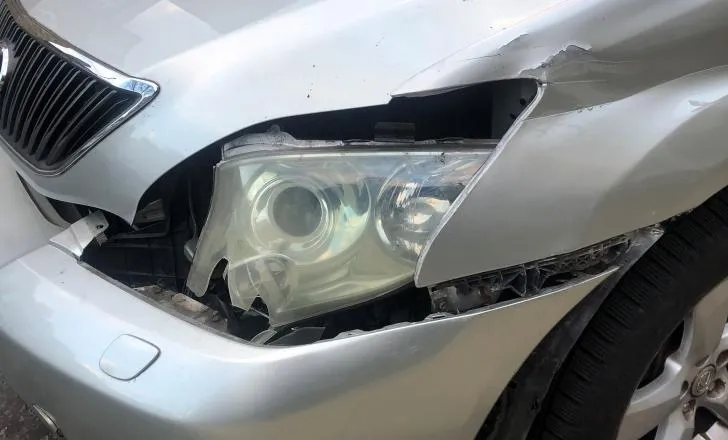The Czech capital Prague has been chosen to host the headquarters of Europe’s Galileo satellite navigation programme which is expected to begin initial services in 2014 with a limited number of satellites.
March 15, 2012
Read time: 1 min
The Czech capital Prague has been chosen to host the headquarters of Europe’s Galileo satellite navigation programme which is expected to begin initial services in 2014 with a limited number of satellites. Full services are scheduled for 2019 when the full constellation of satellites is planned for completion.
Just two months ago, the2465 European Commission outlined a new framework for financing and governance of the Galileo and EGNOS (GPS signal augmentation) programmes for the period 2014-2020. €7.0 billion (US$9.25 billion) has been earmarked to guarantee the completion of the EU satellite navigation infrastructure and to ensure the exploitation of the systems until 2020, such as the operations of the space and terrestrial infrastructures, the necessary replenishment/replacement activities, certification procedures, and notably the provision of services.
Just two months ago, the






